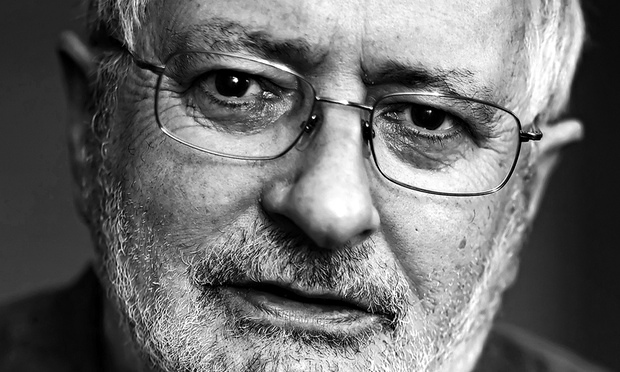Bookforum has an excerpt from Marxist literary critic Terry Eagleton’s new book Hope Without Optimism. In the excerpt, Eagleton excoriates baseless optimism and compulsory happiness, especially of the American variety. Here’s a snippet:
Optimism does not take despair seriously enough. The emperor Franz Joseph is reputed to have remarked that whereas in Berlin things were serious but not hopeless, in Vienna they were hopeless but not serious.
Cheeriness is one of the most banal of emotions. One associates it with cavorting around in a striped jacket and red plastic nose. The very word “happiness,” as opposed to the French bonheur or the ancient Greek eudaemonia, has chocolate-box connotations, while “contentment” has too bovine a ring. “A man of no understanding,” writes the author of the Book of Ecclesiastes, “has vain and false hope.” The French philosopher Gabriel Marcel doubts that there can be any deep optimism. Perhaps it is best seen as a degenerate, incorrigibly naive form of hope. There is something intolerably brittle about it, as there can be something morbidly self-indulgent about a pessimism that feeds with thinly disguised glee off its own glumness. Like pessimism, optimism spreads a monochrome glaze over the whole world, blind to nuance and distinction. Since it is a general mind-set, all objects become blandly interchangeable, in a kind of exchange value of the spirit. The card-carrying optimist responds to everything in the same rigorously preprogrammed way, and so eliminates chance and contingency. In this deterministic world, things are destined with preternatural predictability to work out well, and for no good reason whatsoever.
